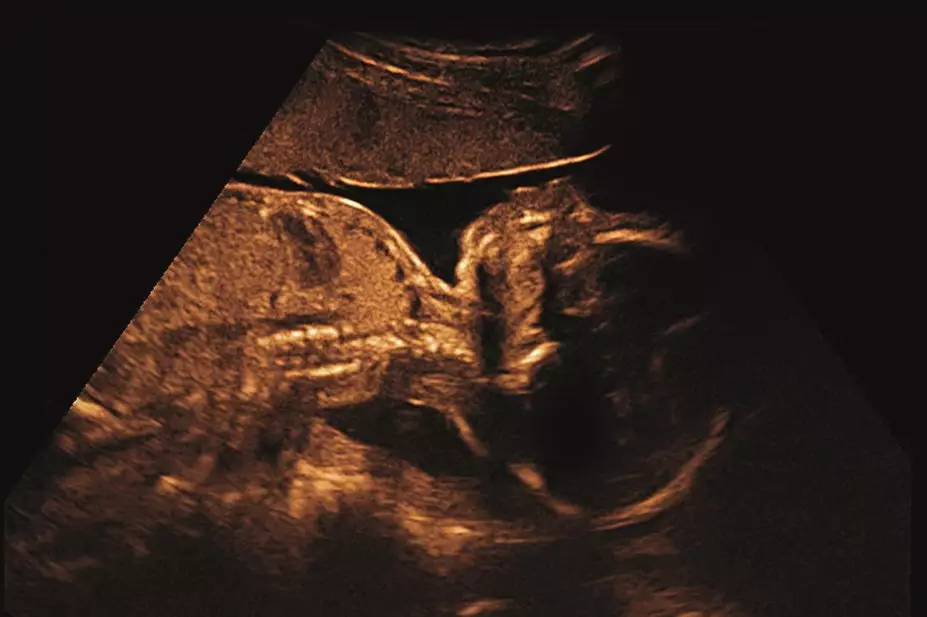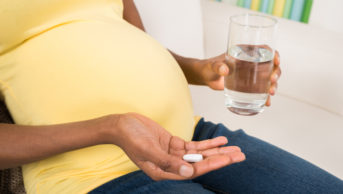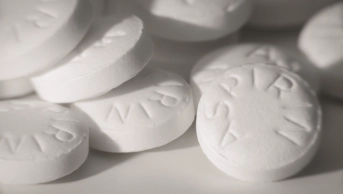
Shutterstock.com
Pregnant women who take the commonly used analgesic paracetamol for more than a week could lead to reproductive problems in their male offspring, suggests a study.
The research at the University of Edinburgh, which involved a mouse xenograft model using human foetal testicular tissue, was published in Science Translational Medicine
[1]
on 20 May 2015.
Scientists are aware that common male reproductive disorders — such as undescended testes, or in young adults, low sperm count or testicular germ cell cancer — are associated with lower testosterone exposure in the foetus, although the reasons for this remain largely unknown. Paracetamol use during pregnancy has been linked with undescended testes (or cryptorchidism).
“Although these disorders appear at different times in life, they are interconnected and may have a common origin in foetal life,” said study author Richard Sharpe, a researcher on male reproductive health at the University of Edinburgh.
Subtle deficiencies in the production of testosterone by the testes of a foetal male would predispose it to develop one or more of these disorders, added Sharpe. This could be caused by various factors, one of which is the mother’s exposure to chemicals like paracetamol.
By grafting human foetal testicular tissue from cultures onto castrated mice, the team observed the development of the testes both in the presence and absence of paracetamol over a 24-hour period for up to seven days using clinically relevant doses. “It is not possible to do such studies in humans and therefore our experiments are as close as we can get to mimic the normal situation in human pregnancy,” said researcher Rod Mitchell, also at the University of Edinburgh.
By measuring the blood testosterone level, and weighing the seminal vesicles of the testes, which is highly dependent on testosterone production, the team concluded that paracetamol negatively affects the hormone production in the foetal testes. “Prolonged (7 day) exposure reduces testosterone production by 45% in the developing human testis,” said Mitchell. No long-lasting suppression in testosterone production was noted after only one day of exposure.
Mitchell advises that if pregnant women need to use paracetamol, they should use the lowest effective dose, for the shortest possible time. “All painkillers can have side effects and we would not recommend switching to an alternative painkiller without consulting your doctor.”
Maureen Baker, chair of the Royal Society of General Practitioners, agrees. “Pregnant women who have been taking paracetamol to ease discomfort — either as prescribed by their doctor or self-medicated — should not panic as a result of this research. But if they are concerned about taking the drug regularly, over a long period of time they should make a non-urgent appointment with their GP, or visit their local pharmacist.”
Steve Tomlin, consultant pharmacist for children services at the Evelina London Children’s Hospital, said: “This research is a reminder that we need to be careful with all medicines during pregnancy and [also] during the first few years of life; and it is essential that we carry on doing these studies.”
References
[1] van den Driesche S, Macdonald J, Anderson RA et al. Prolonged exposure to acetaminophen reducestestosterone production by the human fetal testis in a xenograft model. Science Translational Medicine (20 May 2015) DOI: 10.1126/scitranslmed.aaa4097


